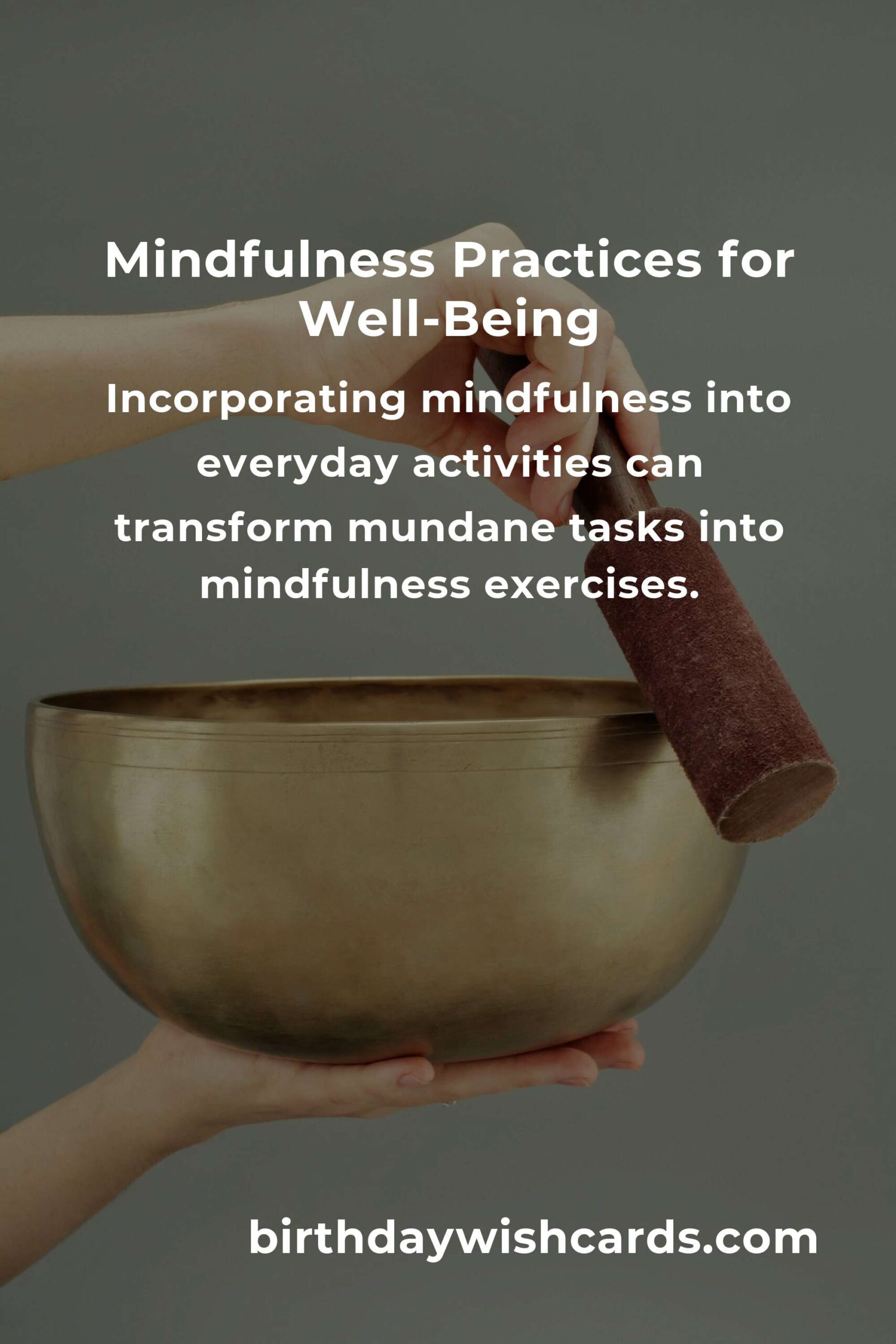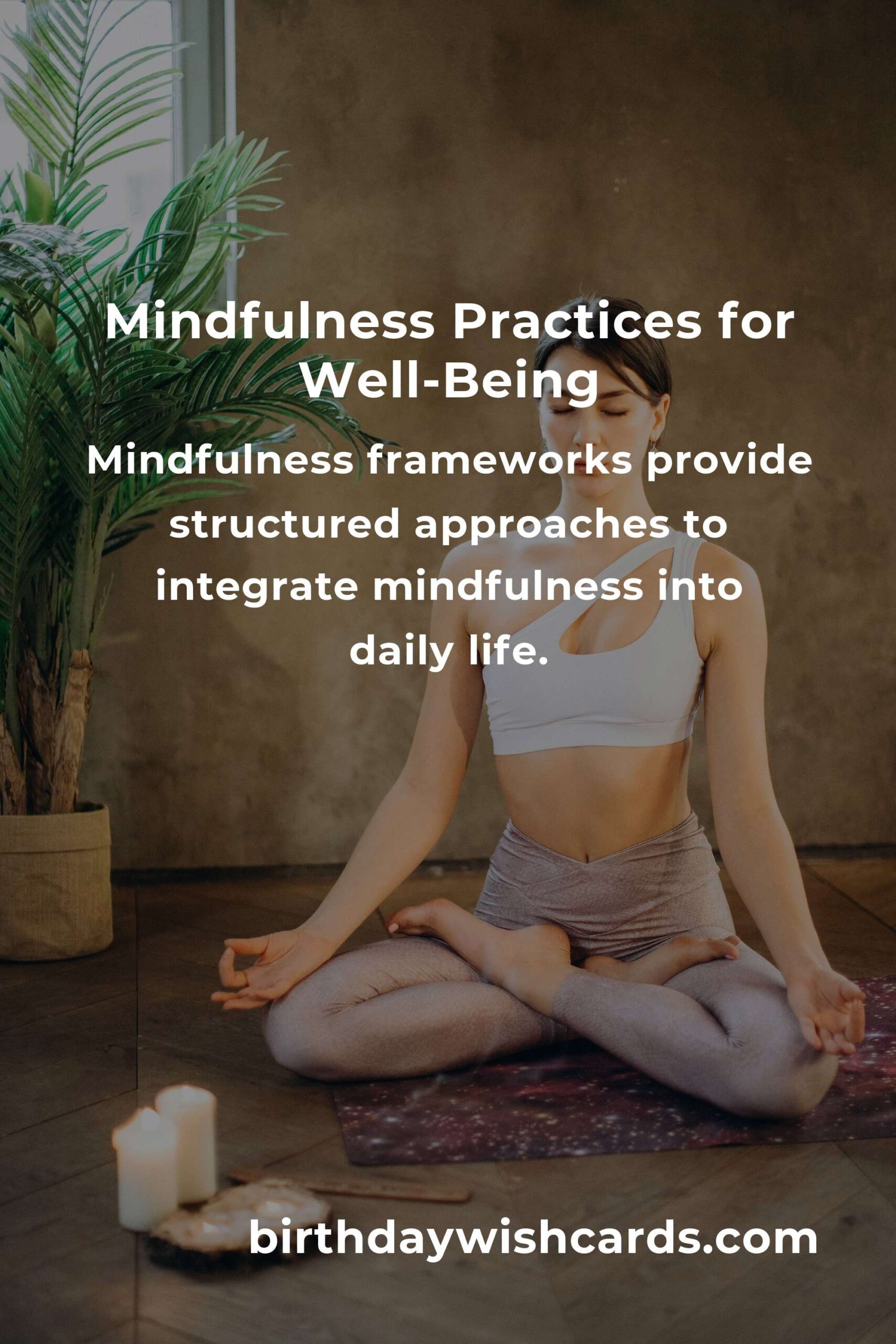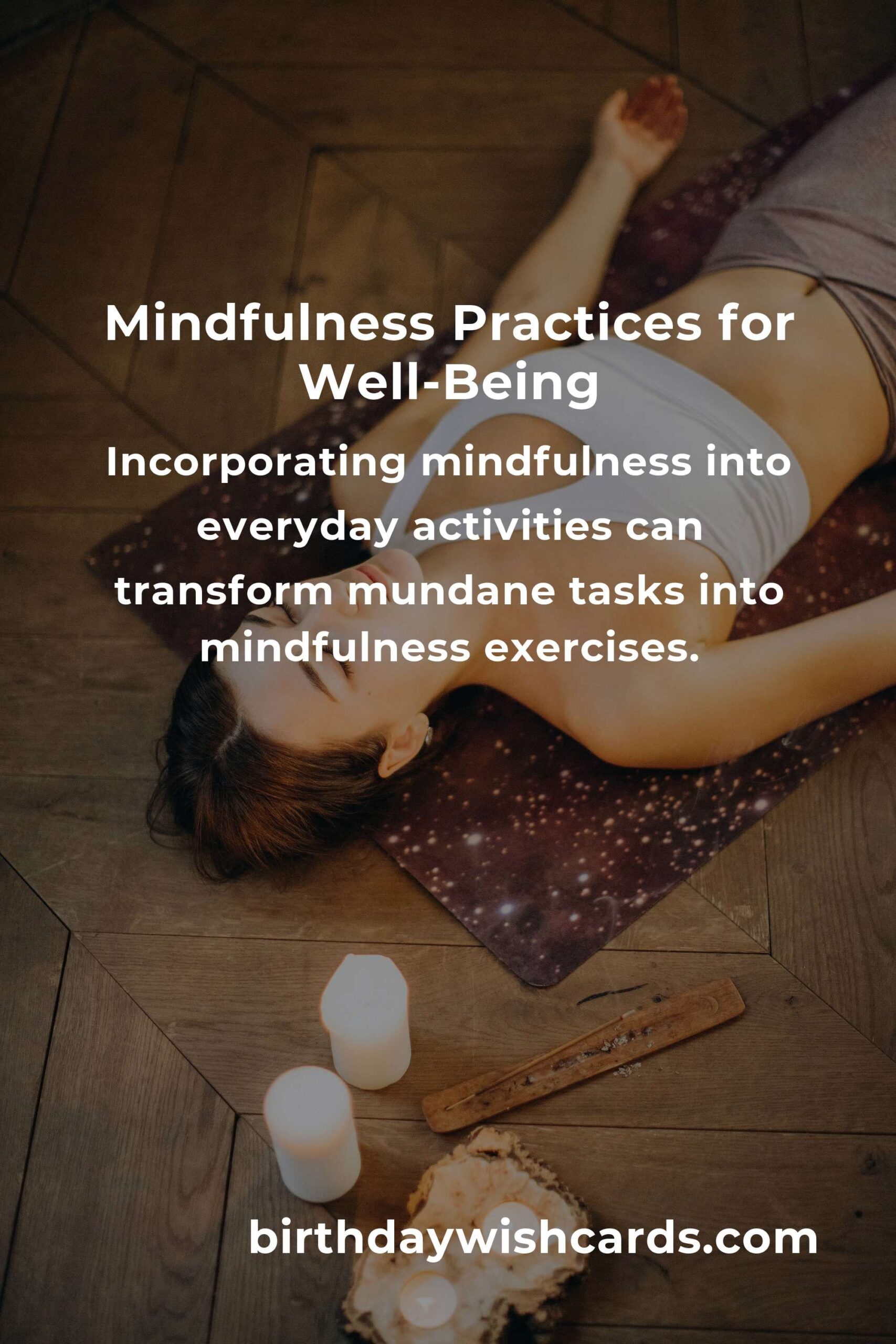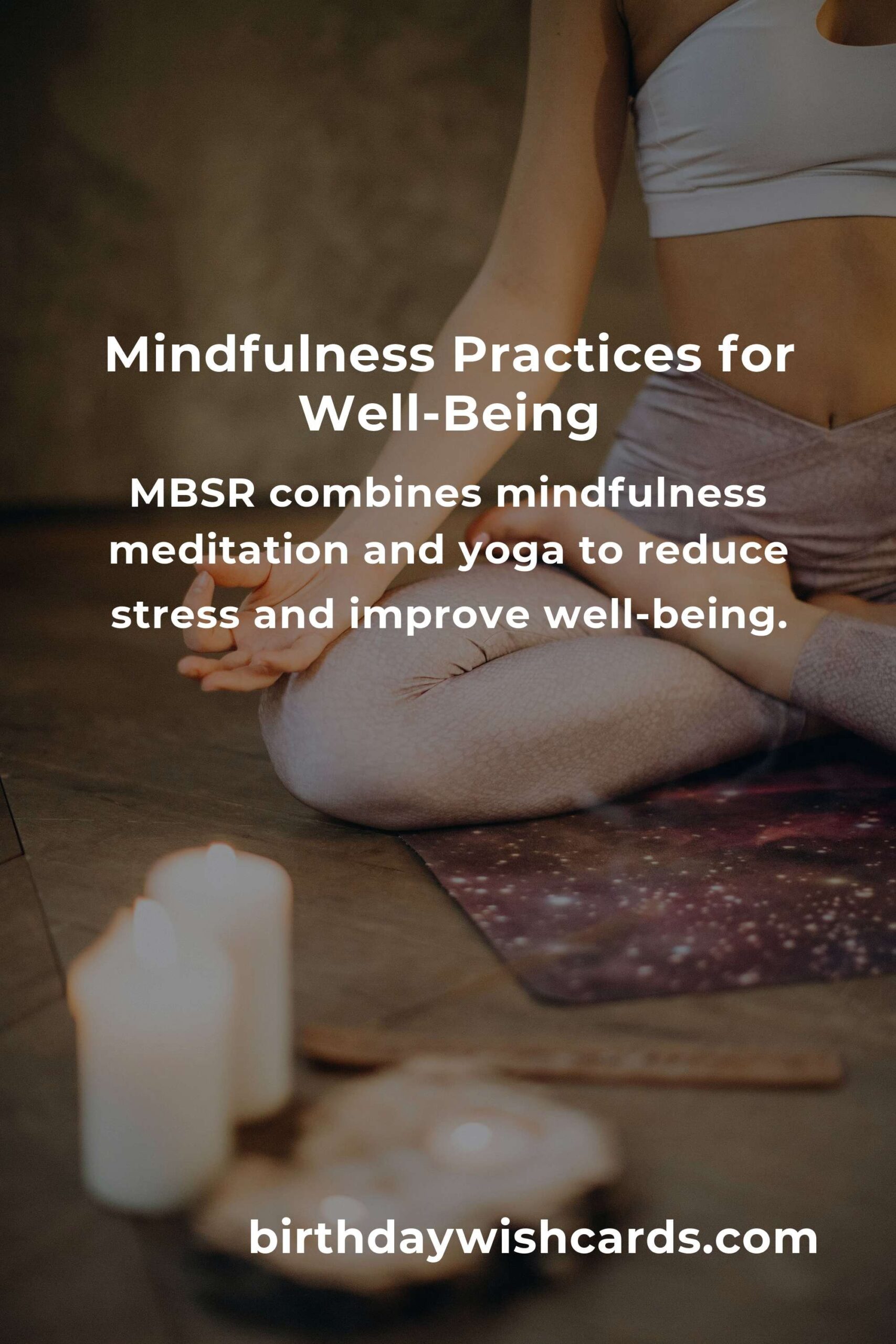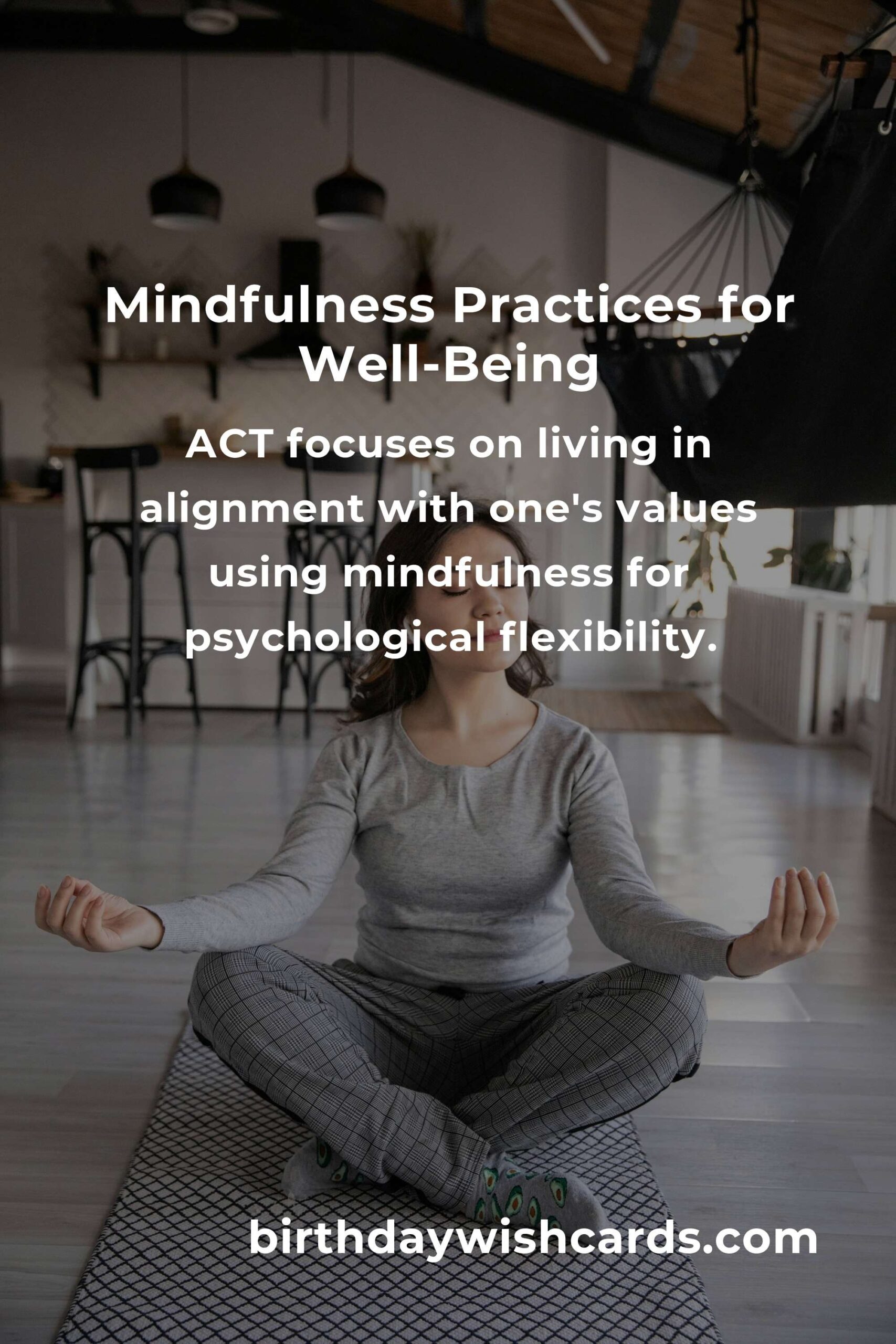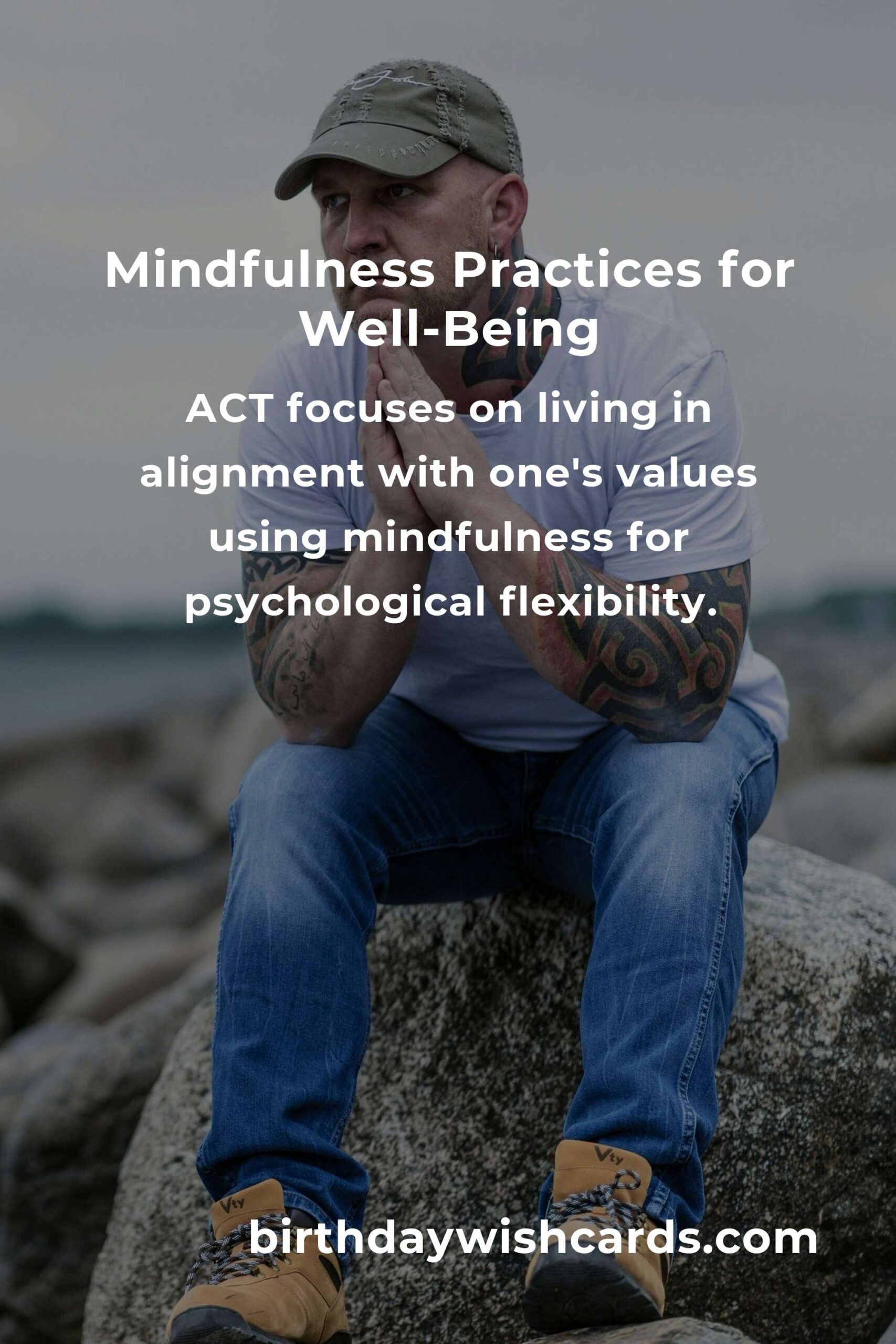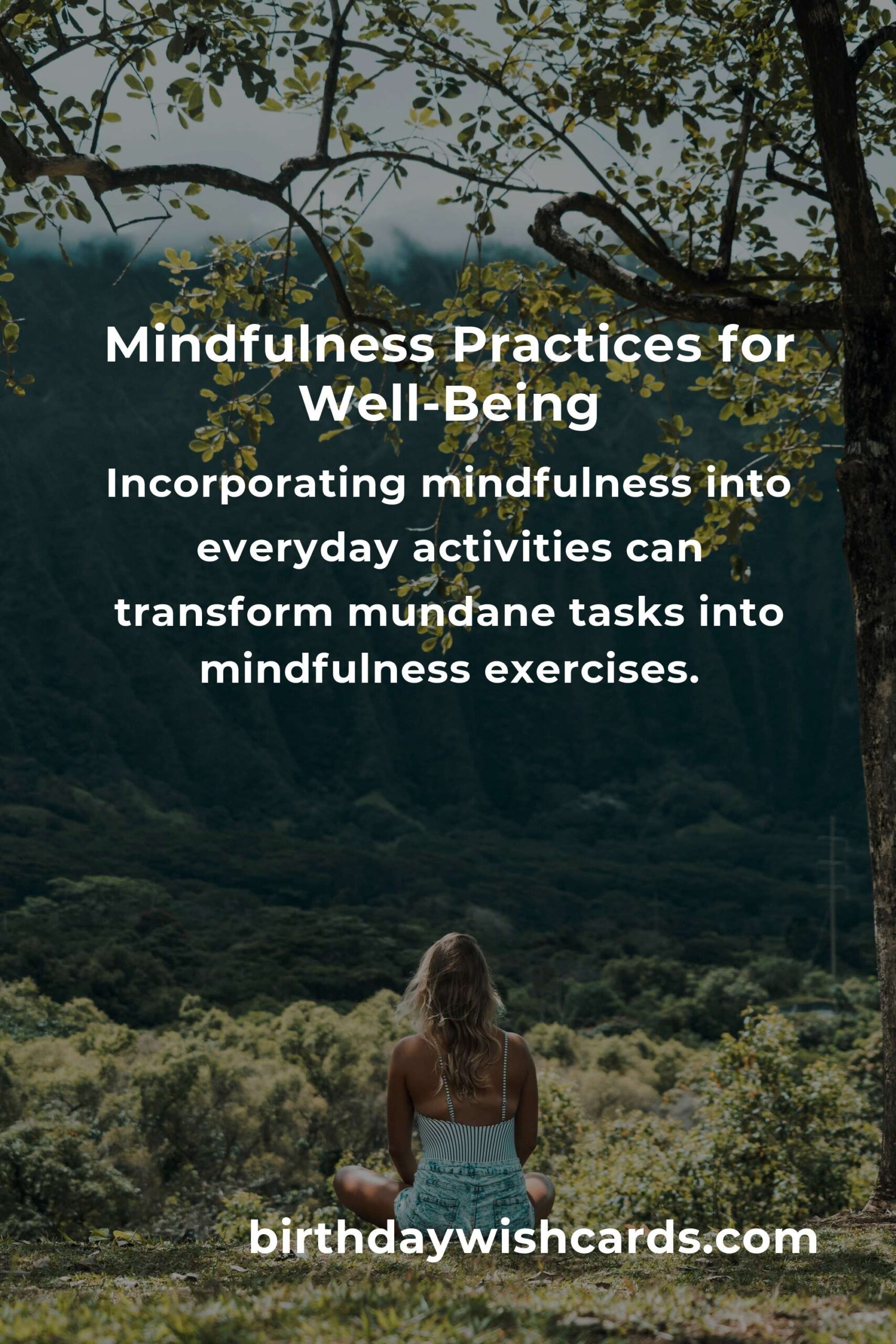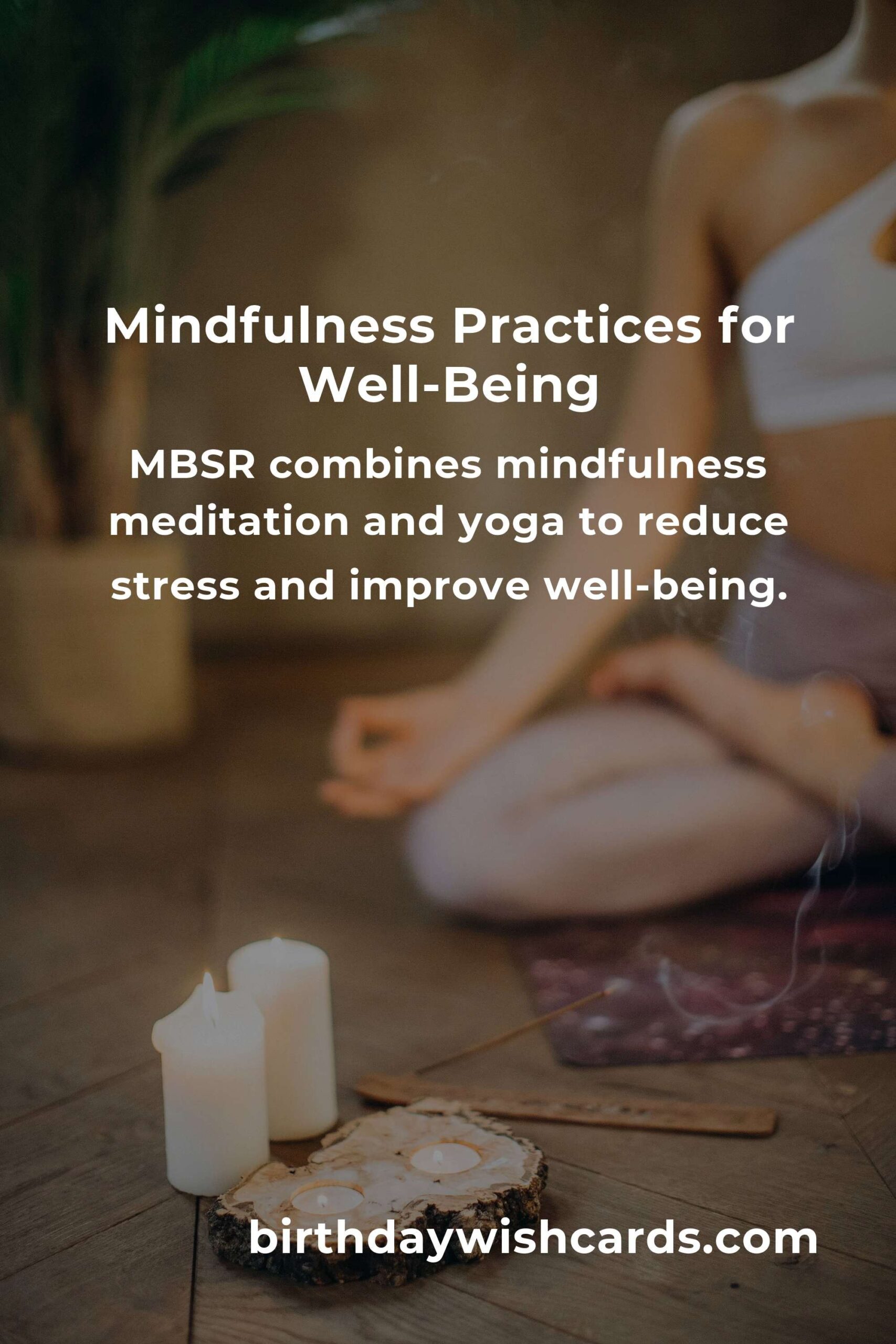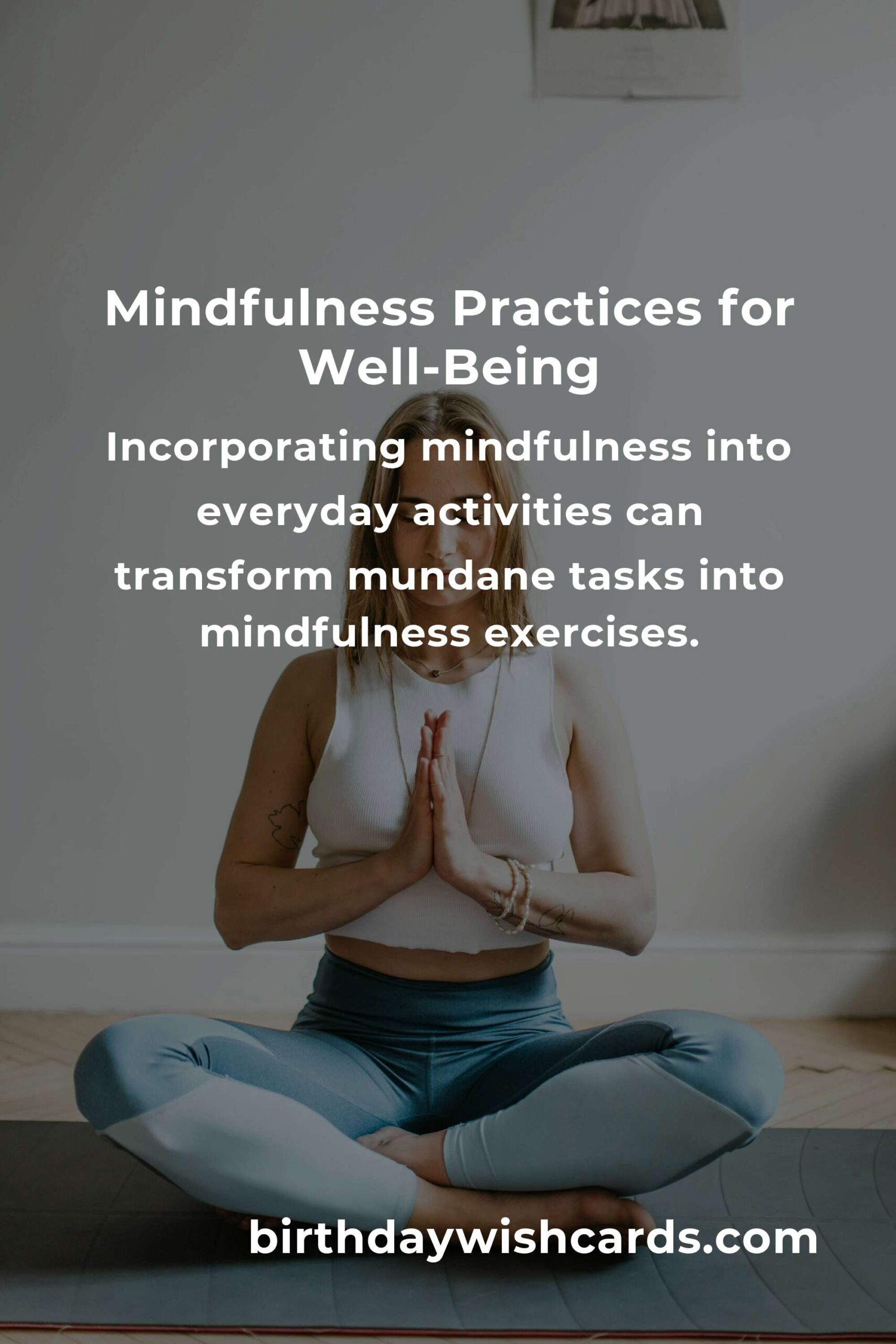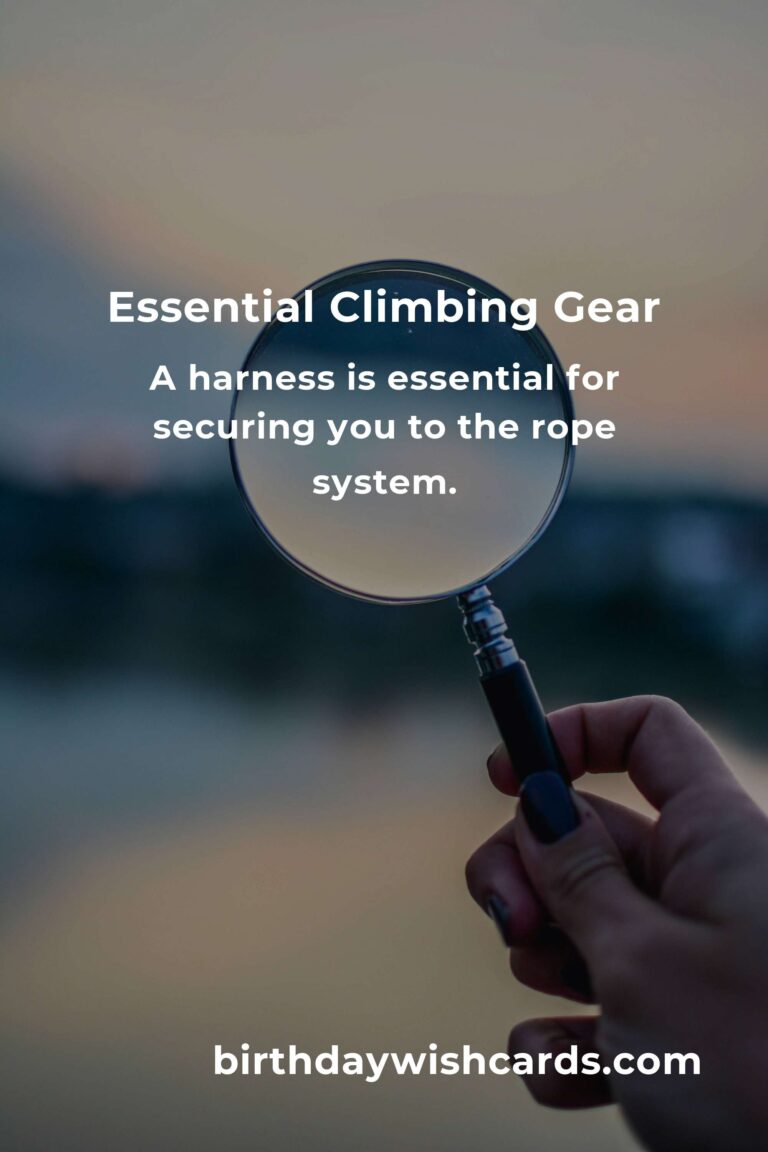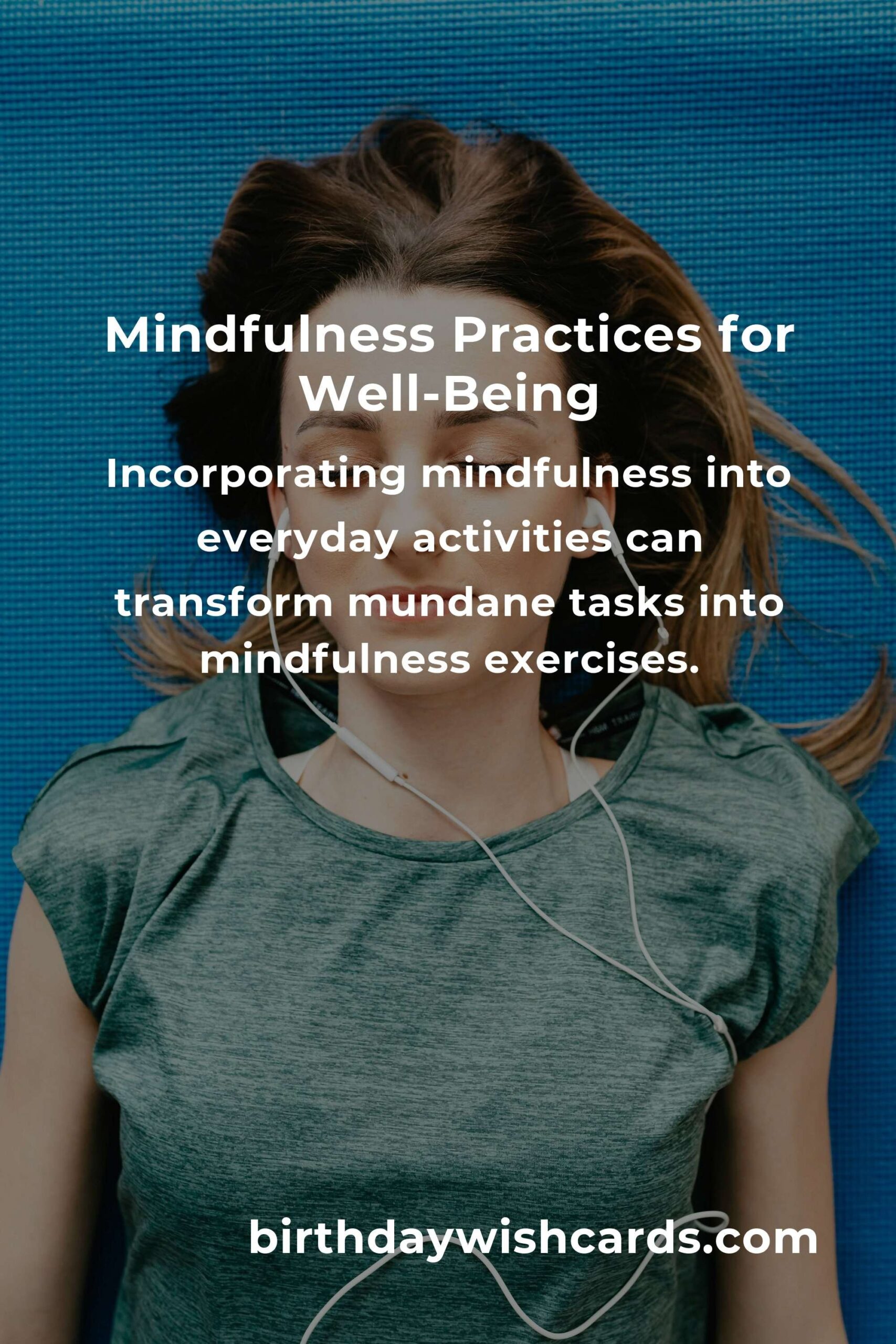
In today’s fast-paced world, the practice of mindfulness has become increasingly important for maintaining mental health and well-being. Mindfulness frameworks provide structured approaches to integrate mindfulness into daily life, making it accessible and effective. This article explores essential mindfulness frameworks and offers hacks to enhance your practice.
Understanding Mindfulness Frameworks
Mindfulness frameworks are structured approaches that guide individuals in the practice of mindfulness. They provide a set of principles and techniques to help practitioners cultivate awareness and presence. These frameworks are designed to be adaptable, allowing individuals to integrate mindfulness practices into their unique lifestyles.
Key Mindfulness Frameworks
MBSR (Mindfulness-Based Stress Reduction)
Developed by Jon Kabat-Zinn in the late 1970s, MBSR is one of the most well-known mindfulness frameworks. It combines mindfulness meditation and yoga to reduce stress and improve overall well-being. Participants learn to respond to stress with greater awareness and calmness.
MBCT (Mindfulness-Based Cognitive Therapy)
MBCT is a therapeutic approach that combines mindfulness practices with cognitive therapy techniques. It is particularly effective for preventing relapse in individuals with recurrent depression. MBCT teaches individuals to recognize and disengage from negative thought patterns.
ACT (Acceptance and Commitment Therapy)
ACT is a mindfulness-based behavioral therapy that encourages individuals to accept their thoughts and feelings rather than fighting or feeling guilty about them. It focuses on living in alignment with one’s values, using mindfulness as a tool for psychological flexibility.
Mindfulness Frameworks Hacks
Hack 1: Incorporate Mindfulness into Everyday Activities
One of the simplest ways to practice mindfulness is to incorporate it into daily activities. Whether it’s eating, walking, or even brushing your teeth, paying attention to the present moment can transform mundane tasks into mindfulness exercises.
Hack 2: Use Technology Wisely
There are numerous apps and online resources designed to support mindfulness practice. Apps like Headspace and Calm offer guided meditations, reminders, and tracking features to help you stay consistent in your practice.
Hack 3: Create a Mindful Environment
Your environment plays a crucial role in supporting mindfulness. Create a dedicated space for meditation and mindfulness practices, free from distractions. This can be a corner in your home with comfortable seating and calming decor.
Hack 4: Engage in Mindful Listening
Mindful listening involves fully concentrating on what is being said without thinking about your response. This practice enhances communication skills and strengthens relationships by promoting empathy and understanding.
Hack 5: Practice Gratitude
Gratitude is a powerful mindfulness practice that shifts focus from what is lacking to what is present. Keeping a gratitude journal or simply acknowledging things you are thankful for each day can enhance positivity and well-being.
Conclusion
Mindfulness frameworks offer valuable tools for enhancing mental health and well-being. By integrating these frameworks into daily life and utilizing the hacks provided, you can cultivate a more mindful, present, and fulfilling existence. Whether you are new to mindfulness or looking to deepen your practice, these frameworks and hacks provide a comprehensive guide to unlocking the power of mindfulness.
Mindfulness frameworks provide structured approaches to integrate mindfulness into daily life. MBSR combines mindfulness meditation and yoga to reduce stress and improve well-being. MBCT is effective for preventing relapse in individuals with recurrent depression. ACT focuses on living in alignment with one’s values using mindfulness for psychological flexibility. Incorporating mindfulness into everyday activities can transform mundane tasks into mindfulness exercises.
#Mindfulness #WellBeing #MentalHealth #MindfulnessPractice #MindfulnessHacks

